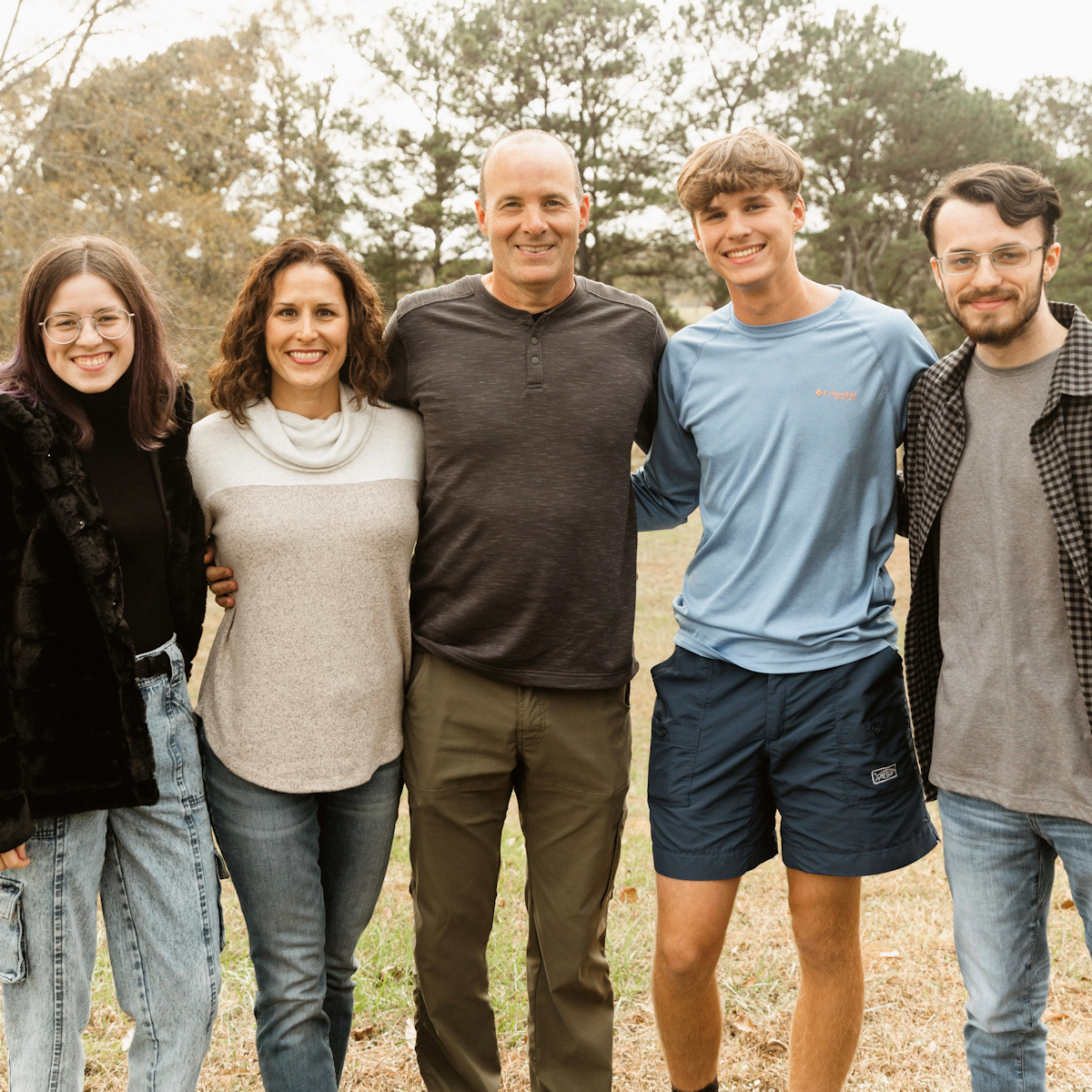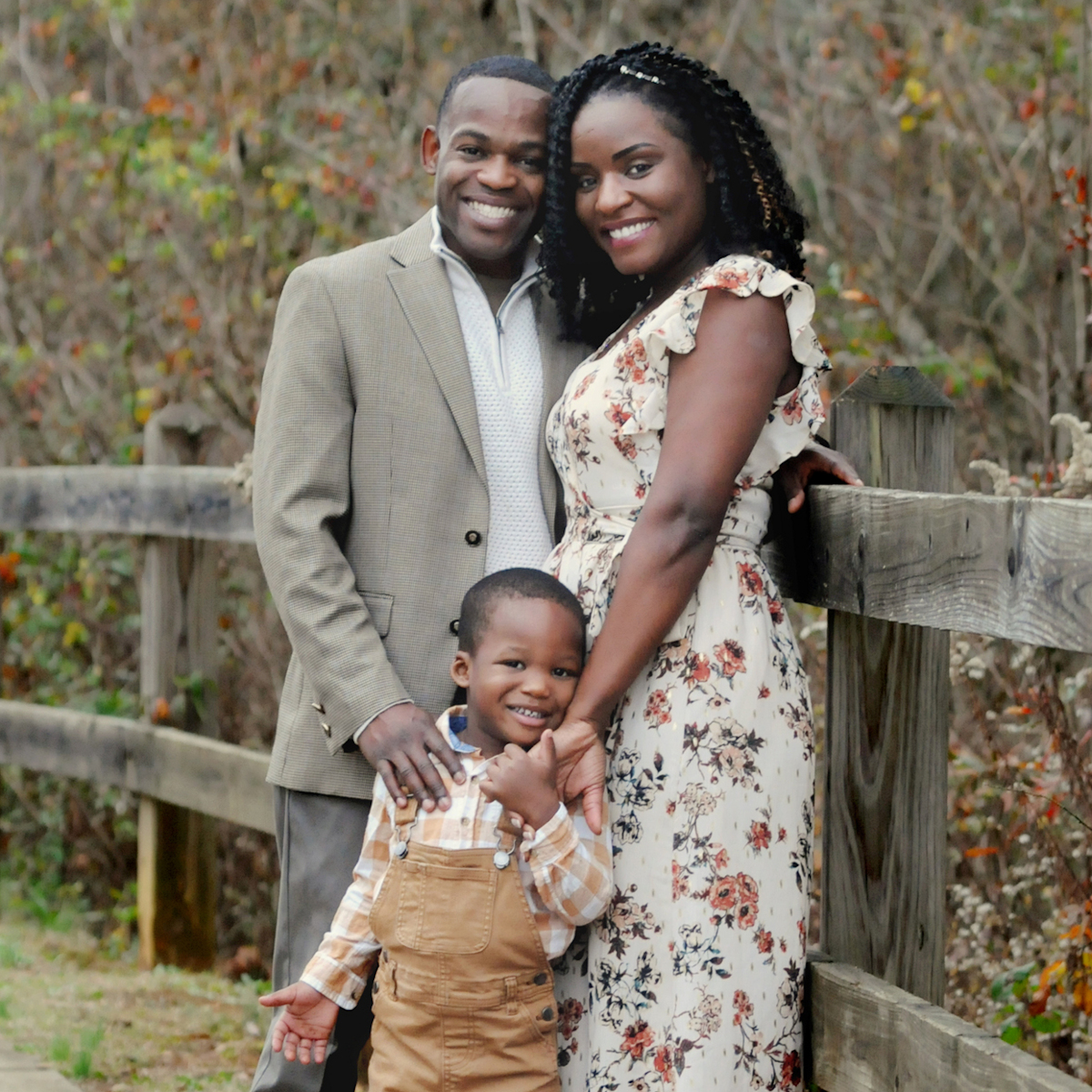Cardiac anesthesiologist Davoy Murray, MD, FASA, and anesthesiologist Brit Lovvorn, MD, have joined West Georgia Anesthesiology Associates and Tanner Heart Care as key members of the cardiothoracic team supporting Tanner’s open-heart surgery program beginning in January 2023.
 Dr. Murray is board-certified in anesthesiology by the American Board of Anesthesiology. He earned his medical degree at Indiana University School of Medicine in Indianapolis. He completed an internship at Ball Memorial Hospital in Muncie, Indiana, and a residency in anesthesiology at the University of Florida in Gainesville. He also completed a fellowship in cardiothoracic anesthesiology with the Cleveland Clinic Foundation Program in Cleveland, Ohio.
Dr. Murray is board-certified in anesthesiology by the American Board of Anesthesiology. He earned his medical degree at Indiana University School of Medicine in Indianapolis. He completed an internship at Ball Memorial Hospital in Muncie, Indiana, and a residency in anesthesiology at the University of Florida in Gainesville. He also completed a fellowship in cardiothoracic anesthesiology with the Cleveland Clinic Foundation Program in Cleveland, Ohio.
Dr. Lovvorn is board-certified in anesthesiology by the American Board of Anesthesiology. He earned his medical degree from the University of South Alabama School of Medicine in Mobile. He completed an internship at Baptist Medical Center – Montclair and a residency in anesthesiology at the University of Alabama Hospital, both in Birmingham.
Both providers were attracted to Tanner on a professional level for the opportunity to join an open-heart program that they would help launch. Family ties and opportunities to be closer to loved ones were also compelling.
“I grew up in Jamaica and came to the U.S. when I was 18 for all of my college and medical training,” said Dr. Murray. “My previous practice was at a busy academic center, and I was looking at other positions out of curiosity. I’m coming from Indianapolis, so I only looked at places with no snow. I was only looking at places with milder weather, particularly in the South and on the East Coast, which led me to this unique opportunity at Tanner. I discussed it with my wife, Camala. We prayed about it and everything from our on-site visit and subsequent conversations with the Tanner leadership team pointed us unequivocally in this direction. An additional bonus was this position brings us closer to my wife’s sister, who lives an hour and a half away, and Jamaica, which is less than a two-hour flight from Atlanta.”
Dr. Lovvorn describes himself as “a local guy.”
“I was born in the hospital at Tanner. My parents still live in Woodland. I went to high school at Ranburne. I married my high school sweetheart, so we have a lot of family and friends in this area. For me, it was a chance to come back home,” said Dr. Lovvorn. “One of the Tanner nurse anesthetists that I graduated high school with called me and … told me that Tanner was starting an open-heart program. I was immediately interested in an opportunity to help start a program in a community I knew well. I’ve gotten a lot of ‘God winks’ over the last six months that this is what I needed to do. We have a farm in Randolph County, and it is great for my kids to be part of that and see their grandparents more. My wife, Lorrie, was excited, too, so that helps.”
Both physicians are like kids waiting for Christmas when asked about the launch of the open-heart program in January 2023, and it’s easy to see why when you learn what a cardiac anesthesiologist does during open-heart surgery.
“What I tell patients is that the process of going to sleep for open-heart surgery is very similar to having your gallbladder out,” said Dr. Lovvorn. “There are just things that happen after the patient is asleep that are much more detailed, and they won’t be aware of them.”
 “During open-heart surgery, the patient will have a breathing tube, hooked up to a machine delivering anesthetic gases through the machine,” said Dr. Murray. “We’ll put additional lines in. One is an arterial line, usually in the wrist, allowing us to monitor blood pressure on a continual basis. Additional lines include a central line to deliver high-dose medications or fluids more quickly than an IV. Another line is called a pulmonary artery catheter, which sits in the pulmonary artery, giving us hemodynamic data to see how the heart is functioning. We use that with a special Transesophageal Echocardiography (TEE) monitor to take 2D and 3D pictures of the heart to evaluate function and structure and give very meaningful information to the surgical team.”
“During open-heart surgery, the patient will have a breathing tube, hooked up to a machine delivering anesthetic gases through the machine,” said Dr. Murray. “We’ll put additional lines in. One is an arterial line, usually in the wrist, allowing us to monitor blood pressure on a continual basis. Additional lines include a central line to deliver high-dose medications or fluids more quickly than an IV. Another line is called a pulmonary artery catheter, which sits in the pulmonary artery, giving us hemodynamic data to see how the heart is functioning. We use that with a special Transesophageal Echocardiography (TEE) monitor to take 2D and 3D pictures of the heart to evaluate function and structure and give very meaningful information to the surgical team.”
The cardiac anesthesiologists also give medications like heparin to make the blood thinner before the perfusion team puts the patient on a cardiopulmonary bypass machine that acts as their heart and lungs while the surgeon repairs the patients’ temporarily stopped heart.
“During all of this, we are monitoring the patient’s vital signs, giving blood products if we need to. At the end of the surgical procedure, we and the perfusion team essentially reverse all of this,” said Dr. Murray.
“Following open-heart surgery, the patient goes to the ICU with the breathing tube, still on a ventilator,” said Dr. Lovvorn. “Most patients are only on it for a few hours, but patients with lung or other issues may have to stay on it longer. As with any surgery, there are associated risks, but the benefits far outweigh the risks for the vast majority of heart patients.”
Both physicians are happy with the career choices they’ve recently made — moving closer to family before the new open-heart program officially launches. And they are happy to have their families along for the adventure.
Dr. Murray and his wife, who he jokingly called “the president of me,” have a 3-year-old son, Nathan. Dr. Lovvorn and his wife have three children: Isabella, 21, a college student at Mississippi College in Clinton, Mississippi; Nathan, 19, a freshman at the University of West Georgia in Carrollton; and Logan, 15, a sophomore at Central High School.
More on Tanner’s heart care program can be found at
TannerHeartCare.org.